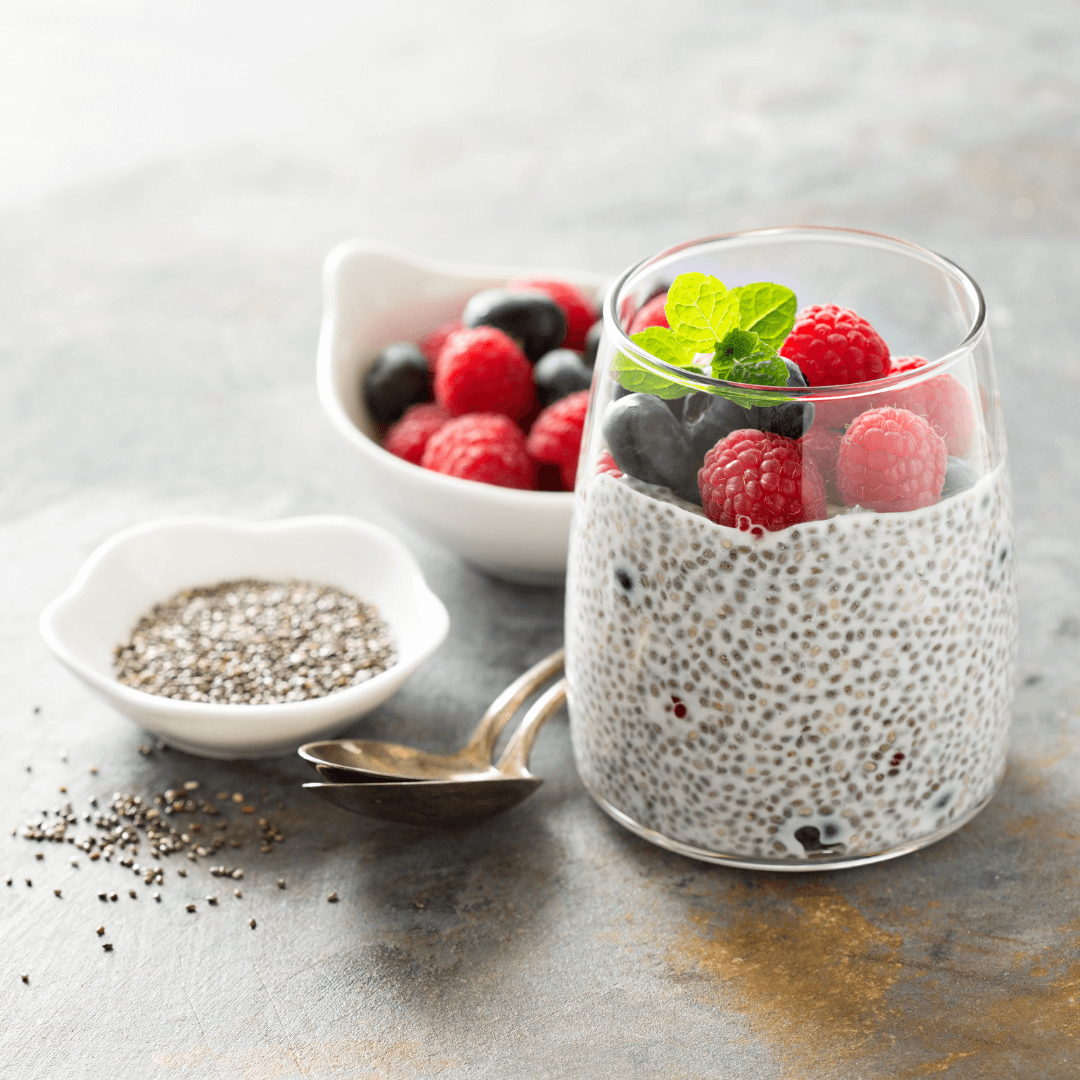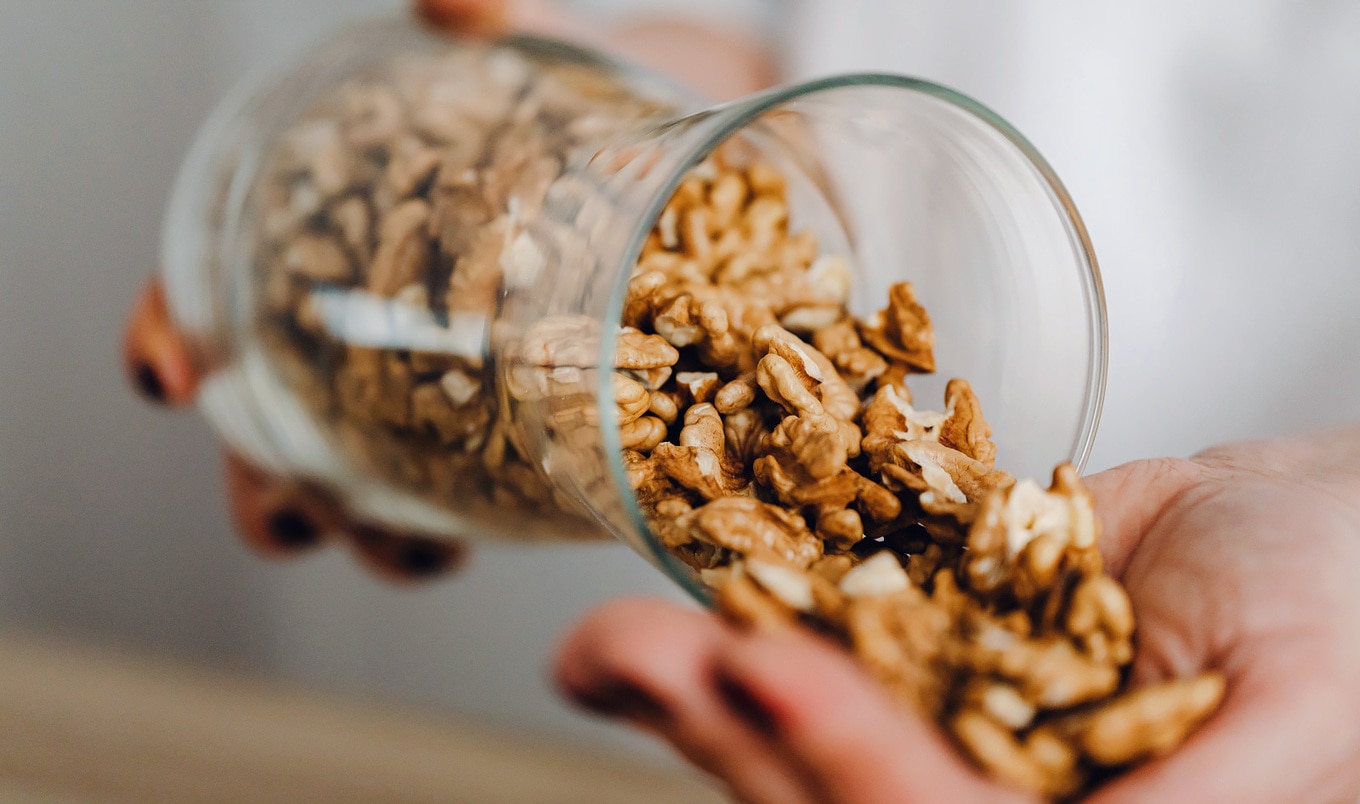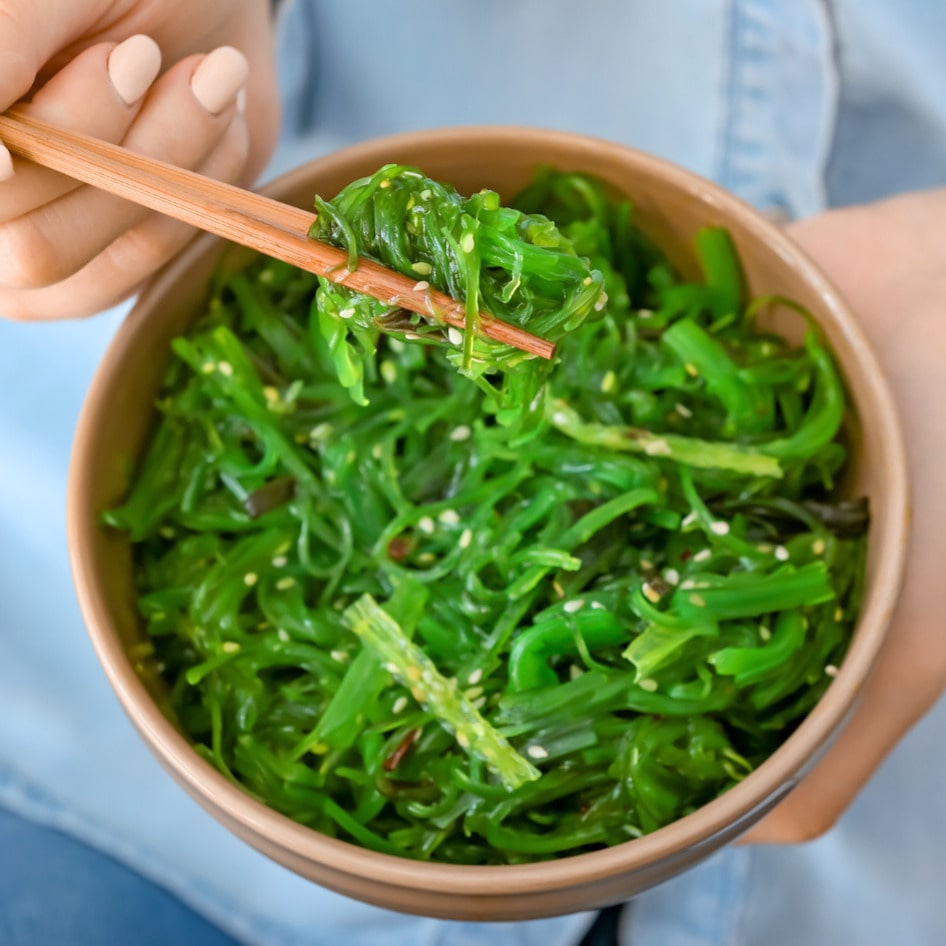Researchers have found a potential link between diet and the progression of amyotrophic lateral sclerosis (ALS), a rare and devastating neurodegenerative disease. Published in the medical journal Neurology, the study—which was conducted over 18 months and involved 449 ALS patients—suggests that individuals who consume higher amounts of vegan omega-3 fatty acids may experience a slower physical decline and an extended survival period.
ALS, often referred to as Lou Gehrig’s disease, progressively damages nerve cells in the spinal cord and brain, resulting in the loss of muscle control and function.
 New Africa
New Africa
Ultimately, the disease can lead to total paralysis and death, with an average life expectancy of two to five years following diagnosis.
Vegan omega-3 fatty acids slow ALS
The study, led by Kjetil Bjornevik, MD, PhD, of Harvard University in Boston, MA, and member of the American Academy of Neurology, focused on the impact of omega-3 fatty acids on ALS progression and patient survival rates.
Participants were divided into four groups based on their omega-3 fatty acid blood levels, ranging from lowest to highest concentrations.
Using a comprehensive assessment tool, study researchers evaluated the participants’ disease progression and severity of symptoms, including motor function, swallowing ability, speech, and respiratory function. Higher scores indicated better function and less severe symptoms.
“The link our study found between diet and ALS is intriguing and suggests, but does not prove, that people with ALS may benefit from incorporating more omega-3 fatty acids into their diet,” Bjornevik said in a statement.
The findings revealed that a specific omega-3 fatty acid called alpha-linolenic acid (ALA), present in flaxseed oil, walnuts, canola oil, pumpkin seeds, and other plant-based sources, was associated with the most significant benefits.
Those with higher levels of ALA displayed an average score of 38.3 at the beginning of the study, compared to 37.6 in the low-level group.
Furthermore, participants with the highest ALA levels experienced a lower mortality rate during the study. Of the group with the most alpha-linolenic acid, 19 percent (21 individuals) passed away, while the lowest-level group saw a higher mortality rate of 33 percent (37 individuals).
After adjusting for age, sex, and ethnicity, researchers found that those with the highest ALA levels had a 50 percent reduced risk of death compared to those with the lowest levels.
 Wellness Gallery Catalyst Foundation/Pexels
Wellness Gallery Catalyst Foundation/Pexels
“It will now be important to conduct additional research looking specifically at the plant-based omega-3 fatty acid alpha-linolenic acid in people with ALS to further explore this possibility,” Bjornevik said.
Interestingly, an omega-6 fatty acid called linoleic acid, commonly found in vegetable oils, nuts, meats, seeds, and eggs, was also linked to a decreased risk of death during the study.
However, it is essential to note that this study does not establish a direct cause-and-effect relationship between omega-3 fatty acids and ALS progression or survival rates. It only demonstrates an association. Therefore, further research is required to explore this possibility and delve into the effects of plant-based ALA specifically on individuals with ALS.
Vegan omega-3 health benefits
Omega-3 fatty acids offer many health benefits, including providing your body with energy, preventing vision loss, supporting brain health, and improving cognitive function.
A separate study published in the medical journal Advances in Nutrition found that vegan sources of the essential nutrient can also protect your heart by reducing your risk of cardiovascular disease.
 Canva
Canva
In a comprehensive literature review, the researchers found that consuming ALA that is found in plant-based foods was associated with a 10 percent lower risk of cardiovascular disease and a 20 percent reduced risk of fatal coronary heart disease. The researchers say their review suggests there are multiple ways of meeting the recommendations for omega-3 fatty acids.
“People may not want to eat seafood for a variety of reasons, but it’s still important for them to consume omega-3s to reduce the risk of heart disease and to promote overall health,” Penny Kris-Etherton, Evan Pugh University Professor of Nutritional Sciences at Penn State, said in a statement.
The researchers also found evidence supporting current dietary guidelines that ALA should provide about 0.6 percent to one percent of total energy in a day, which is about 1.1 grams per day for women and 1.6 grams per day for men. These recommendations are equal to about a half-ounce of walnuts or just under one teaspoon of flaxseed oil.
 Pexels
Pexels
“Plant-based ALA in the form of walnuts or flaxseeds can also provide these benefits, especially when incorporated into a healthy diet rich in fruits, vegetables, and whole grains,” Kris-Etherton said.
For the latest vegan news, read:
JUMP TO ... Latest News | Recipes | Guides | Health | Subscribe









